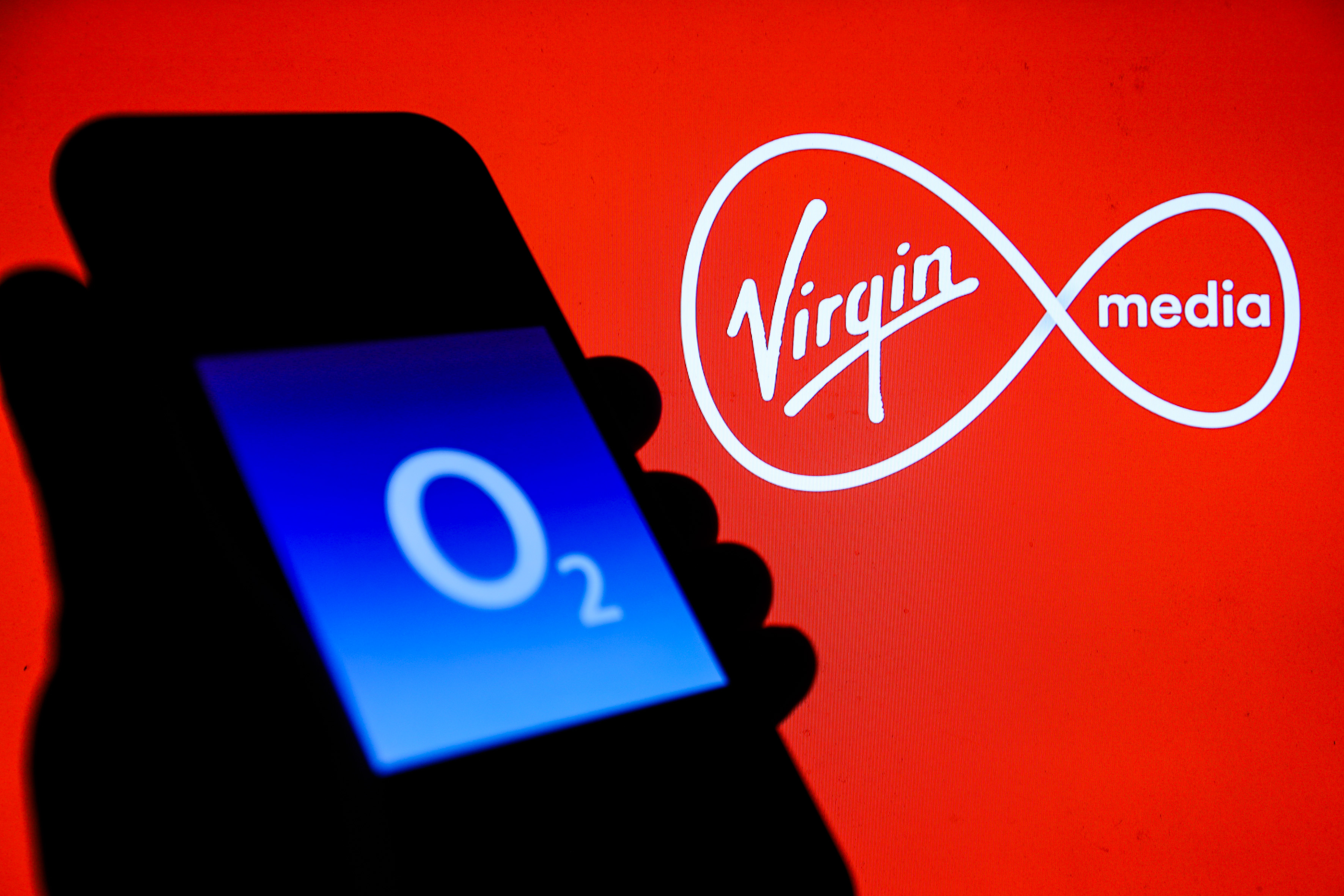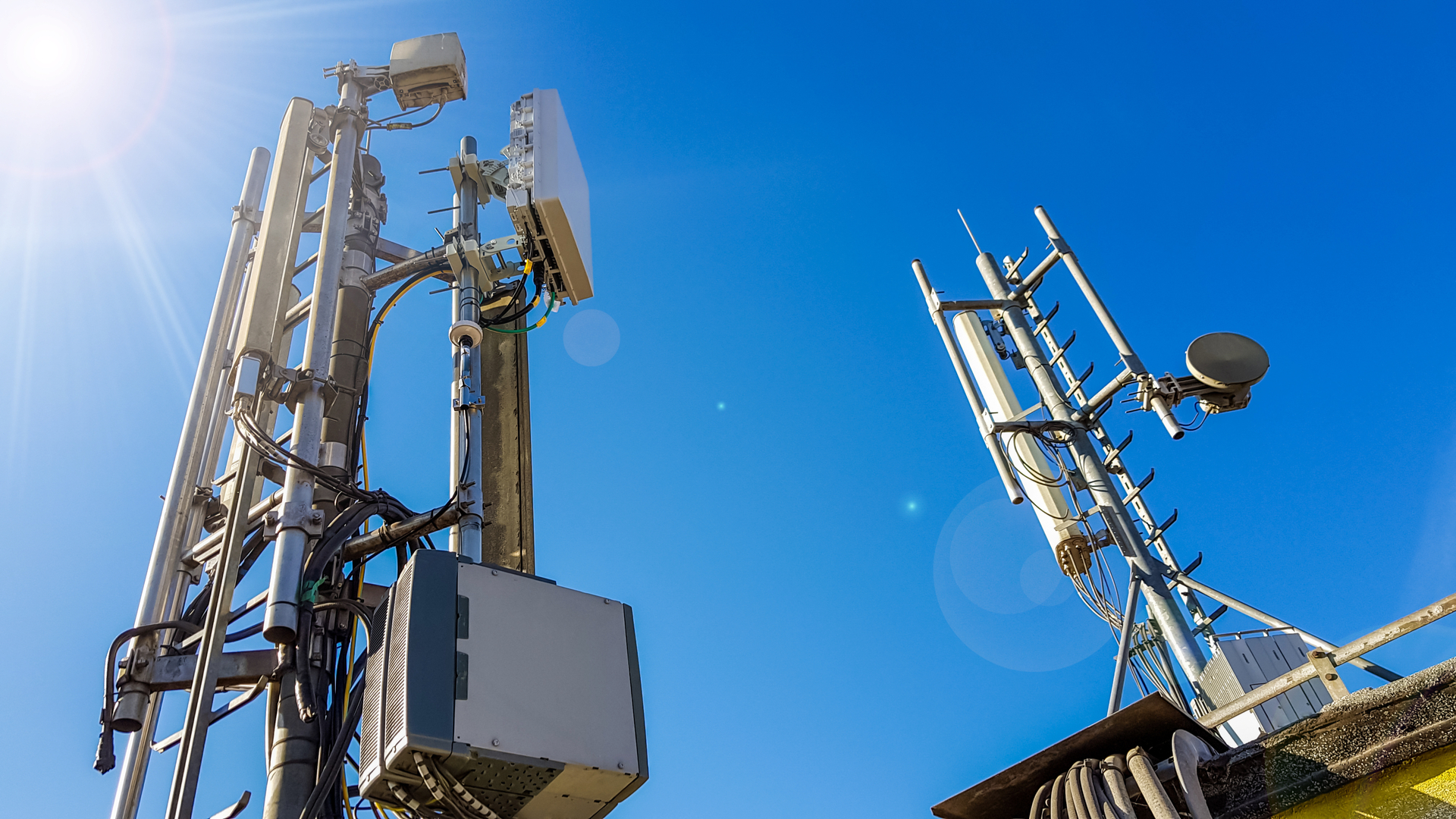O2 tops Ofcom mobile broadband survey
The telecoms regulator shows whose the fastest, and the slowest, when it comes to mobile broadband.

O2 has topped Ofcom's mobile broadband survey when it comes to speed, the telecoms regulator announced today.
Ofcom released the statistics on networks using dongles and datacards after four months of research in partnership with Epitrio, a broadband monitoring specialist. The tests compared the broadband speed and performance capabilities of O2, Vodafone, 3, T-Mobile and Orange across the UK.
With mobile broadband use on the rise, Ofcom ran 4.2 million tests for accuracy. although smartphone performance was not included in this portion of testing, Ofcom said it plans to extend the research to smartphone broadband performance in the future.
O2, Vodafone and 3 achieved the fastest download speeds, but O2 won the prize for fastest web page delivery due to its lower average latency than 3, Orange and Vodafone. Latency measures the amount of time it takes a single package of data to travel from a PC to a third party and back again, according to Ofcom.
Derek McManus, O2's chief operating officer (COO), boasted about the results of the test on the O2 blog.
"Our customers are seeing the benefit from the huge investment we have made in our network," he said.
"We always aim to deliver the best network experience for our customers and these results are another indicator that we are doing just that."
Get the ITPro daily newsletter
Sign up today and you will receive a free copy of our Future Focus 2025 report - the leading guidance on AI, cybersecurity and other IT challenges as per 700+ senior executives
With the use of a consumer panel survey, the tests concluded the average speed of downloads on mobile broadband network was 1.5Mbps, in comparison to 6.2 Mbps on a fixed broadband network.
Mobile broadband downloaded web pages in 8.5 seconds whilst fixed broadband networks downloaded web pages in 0.5 seconds. Again, the higher latency levels caused the slower downloading capabilities.
However, consumers located in good 3G areas experienced downloading speeds of 2.1 Mbps and web pages took 2.2 seconds to download.
All of these statistics were based on the appearance of text and codes only. Image downloading was not taken into consideration.
Ofcom considered varying factors of mobile broadband use whilst conducting the research. For example, Ofcom found speed and performance decreased in good 3G areas between the peak hours of 8pm and 10pm.
The locations in which the data was collected also varied. It took place in Birmingham within the M62 corridor between Manchester and Liverpool, the surrounding areas of Swansea, the rural and semi-rural areas of Herefordshire and Shropshire, as well as urban areas where the availability of 3G networks is higher.
Ofcom also used three different collection methods, which included static test probes in 97 locations that were tested hourly, drive testing but in stationary positions and the consumer panel of over 1,000 broadband users that tested their mobile broadband speeds four times per day.
With the introduction of 4G networks on their way and the increasing capabilities of smartphones, Ofcom will continue its mobile broadband speed and performance testing.
For now, Ofcom suggests to consider what kind of broadband coverage your provider offers, what purposes the mobile broadband will be used for and where the mobile broadband services will be used when purchasing packages.
The UK's sole use of mobile broadband over fixed broadband has risen three per cent since 2009, with perks such as mobile broadband not requiring a land-line. Providers also offer pay-as-you-go broadband access options, which allows consumers to personalise their mobile broadband access.
However, for better connections and faster downloading with activities that require high levels of responsiveness, Ofcom does still suggest fixed broadband.
-
 Bigger salaries, more burnout: Is the CISO role in crisis?
Bigger salaries, more burnout: Is the CISO role in crisis?In-depth CISOs are more stressed than ever before – but why is this and what can be done?
By Kate O'Flaherty Published
-
 Cheap cyber crime kits can be bought on the dark web for less than $25
Cheap cyber crime kits can be bought on the dark web for less than $25News Research from NordVPN shows phishing kits are now widely available on the dark web and via messaging apps like Telegram, and are often selling for less than $25.
By Emma Woollacott Published
-
 Ofcom net neutrality update dismisses calls for big tech contributions
Ofcom net neutrality update dismisses calls for big tech contributionsNews Ofcom’s net neutrality stance has been criticized by some industry stakeholders
By Emma Woollacott Published
-
 How Virgin Media O2 saved “millions” by enhancing data center efficiency
How Virgin Media O2 saved “millions” by enhancing data center efficiencyCase Study Reducing data center power consumption forms part of a broader sustainability drive at the telecoms giant
By Ross Kelly Published
-
 Medium businesses: Fuelling the UK’s economic engine
Medium businesses: Fuelling the UK’s economic engineWhitepaper A Connected Thinking report
By ITPro Published
-
 UK 5G spectrum auction will finally go ahead this week
UK 5G spectrum auction will finally go ahead this weekNews The much awaited auction will involve companies bidding for frequency in two bands
By Zach Marzouk Published
-
 The guide to workplace security
The guide to workplace securitySponsored The dos, the don’ts and everything in between – effective workplace security is the responsibility of every individual in the business
By ITPro Published
-
 Building connectivity: How 5G will change the way we live and work
Building connectivity: How 5G will change the way we live and workSponsored The next generation of mobile data is on the horizon and with it, the potential to revolutionise our everyday lives
By ITPro Published
-
 Empowering people to build a better business
Empowering people to build a better businessSponsored How can people and tech work in unison to create a better business?
By ITPro Published
-
 The evolution of people in the workplace
The evolution of people in the workplaceSponsored People are the most important asset for any business, and they need the right tools and platforms to help them flourish
By ITPro Published